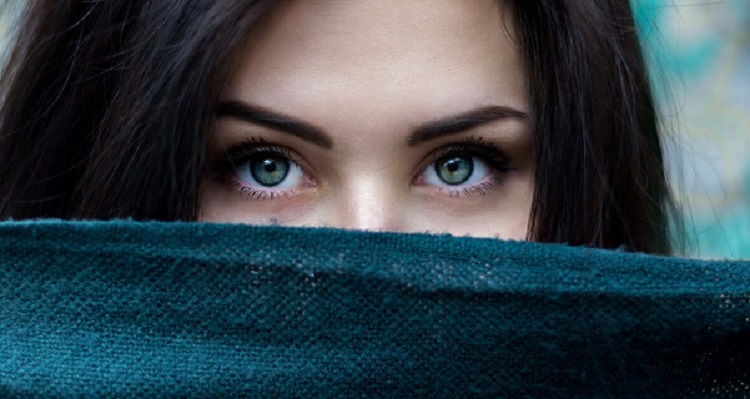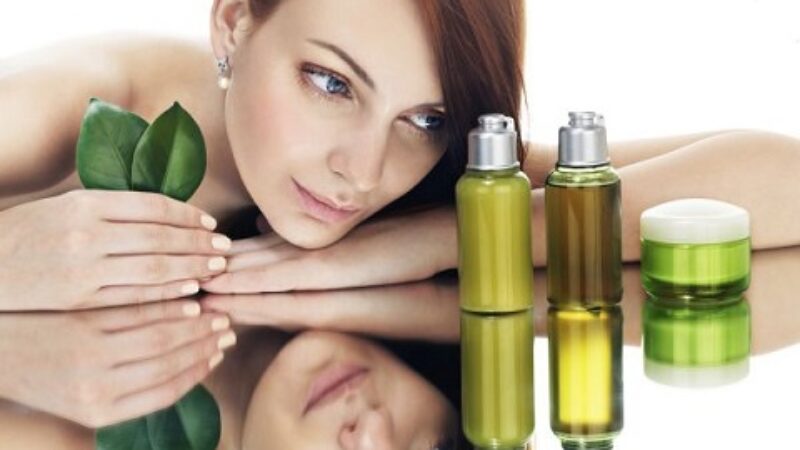With the recent solar eclipse, protecting your eyes from the sun and its UV rays has never been a bigger topic of discussion, but it’s not just during these celestial phenomena that we risk damaging our eyes. Although the eyes cover less than 2% of our entire body surface, a disproportionately large amount of sensory information passes through to our brain via our sense of sight. It is generally believed that 80% of what we learn is through our eyes, and the same percentage of our memories are determined by what we see. The majority of vision problems are avoidable, including sun damage. Luckily, protecting our peepers from UV rays couldn’t be easier.
UV radiation from the sun can be the cause of some serious problems such as cataracts, melanoma of the eye, eyelid cancer and photokeratitis, or sunburn of the cornea whose symptoms include pain, sensitivity to light, increased tears and blurred vision. Also referred to as snowblindness, photokeratitis can also be caused by artificial sources of UVB light such as tanning beds.
What’s the best way to protect your eyes from UV damage? Sunglasses.
With so many to choose from, here are a few tips to help you choose a pair of shades that will not only look good but also shield your eyes from damaging rays:
- Look for a label stating that the lenses block out 99%-100% of UV rays. The label may also be marked UV400 or “UV absorption up to 400nm”, indicating that the lenses will protect against UVB (rays that measure between 280 and 315 nanometers) as well as UVA (rays that measure between 315 and 400 nanometers).
- Choose lenses that wrap around to protect your eyes from light coming from the sides or opt for larger lenses in the style of Jackie O. This is one case where bigger actually is better.
- While polarized lenses cut reflected glare and are great for driving, don’t assume that they have also been treated for UV protection.
- The UV protective coating can become less effective over time so it’s a good idea to get new sunglasses regularly. Scientists in Brazil recently developed a prototype self-service kiosk for people to test the UV protection of their sunglasses. Out of 800 users, 20% found that their lenses were no longer providing full protection.
- Like sunscreen, sunglasses should be a year-round part of your routine. UV damage is cumulative, so it’s never too late (or too early!) to start. If you have light-colored eyes or are taking medications that can cause photosensitivity, you have an increased vulnerability to UV-related eye diseases.
Another advantage to wearing sunglasses? No squinting, a habit that encourages wrinkles and crow’s feet. And there’s no downside to making our eye cream’s job a little easier.




